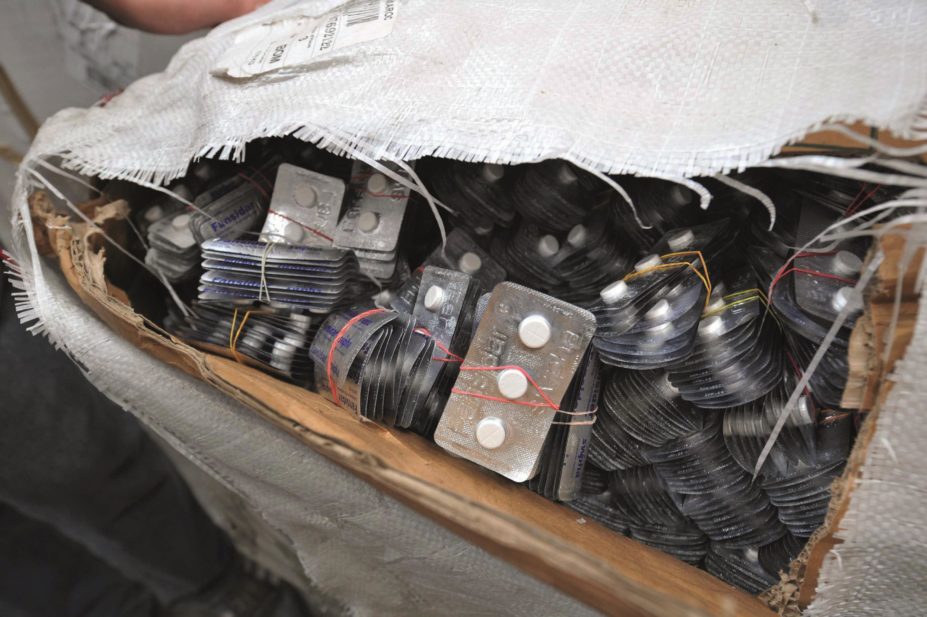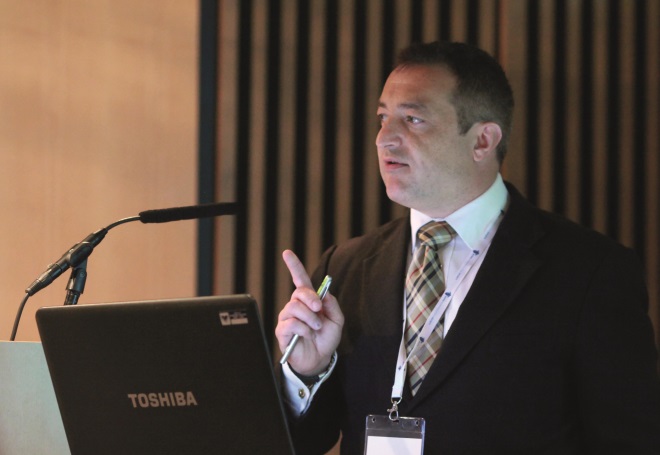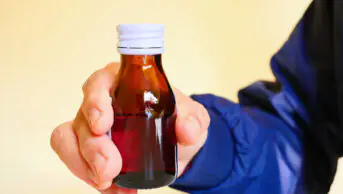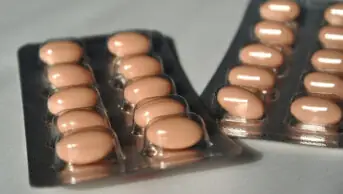
Sipa Press / Rex Features
Counterfeit medicines are being designed specifically to deceive pharmacists, according to research conducted by the UK medicines regulator. Criminals are most likely to produce substitutes for high volume, high price, blockbuster, lifestyle and parenteral medicines, copies of which have caused deaths around the world, the annual Royal Pharmaceutical Society (RPS) conference heard.
In an address to delegates, Tony Moffat, emeritus professor of pharmaceutical analysis at the UCL School of Pharmacy, highlighted the importance of the EU Falsified Medicines Directive (FMD) and explained the need for the anti-counterfeit system being developed and to which the UK must be compliant with by 2018.
Explaining the scale of the problem, Moffat said that counterfeits are worth an estimated 6% of the global medicines market and cost the pharmaceutical industry up to US$60bn each year, according to estimates by the World Health Organization.
He told delegates that, since 2004, there have only been ten examples of counterfeit medicines entering the legitimate supply chain in the UK, with most counterfeits being purchased online.

Source: Nadia Attura
The system for authenticating medicines will use the same scanner as the electronic prescription service, says Sid Dajani, chairman of the Falsified Medicines Directive stakeholders group at the RPS
Warning against complacency, Sid Dajani, chairman of the Falsified Medicines Directive stakeholders group at the RPS, told the conference that counterfeit medicines pose a real threat. “You may think that we are safe from counterfeit medicines entering the supply chain in the UK, but the risk is very real.”
Dajani warned that if the UK has a weaker medicines authentication system than other EU countries it could become a target for counterfeiters. “We need a system that is not only able to authenticate medicines but able to deter counterfeiters too,” he said.
Moffat said organised crime has become more prevalent in the production of counterfeit medicines because there is potentially more money to be made with less risk: “Someone selling counterfeit medicines may only receive a fine of £3,000 compared with seven years in prison for selling cocaine.” He cited research by the RPS and Pfizer which found that half of respondents had bought medicines online without a prescription.
Under the new system, Dajani said, each box of medicine will be required to have a unique barcode used for authentication against a European-wide database of all medicines in the supply chain. It will require each individual pack of medicines to be scanned and authenticated by the pharmacist before it is dispensed.
Dajani addressed concerns raised about the added burden on a pharmacist’s workload. He said that through lobbying by stakeholders such as the RPS, the technology system providers had reduced the time it takes to authenticate a medicine to fractions of a second. In addition, he told The Pharmaceutical Journal
that the UK delegated act — which will dictate how the UK translates the EU legislation into UK law — has been revised for the benefit of pharmacists. Both the Electronic Prescription Service and the FMD system will now use the same scanner, so that medicines do not need to be scanned twice. There will also be an “undo” function, so that if a patient does not collect their medicine it can be returned to the pharmacy’s stock.
The delegated act is expected in early 2015, said Dajani, and at that point there will be a public consultation.
There are some kinks that still need to be ironed out, according to Dajani. Certain prescription medicines will be exempt from the authentication requirements and these will be put on a “black list”. Conversely, most non-prescription medicines will not need to be scanned but the ones that do will be put on a “white list”. Dajani said these lists need to be simple to reduce the risk of mistakes being made.
Other questions about the new system are also yet to be answered. “We need clarification around the training that will be provided for pharmacists for the new system and whether there will be a 24-hour helpdesk. We need to ensure that if the system is down we can still supply medicines patients,” said Dajani. In addition, any technology system will have to be future-proof.


